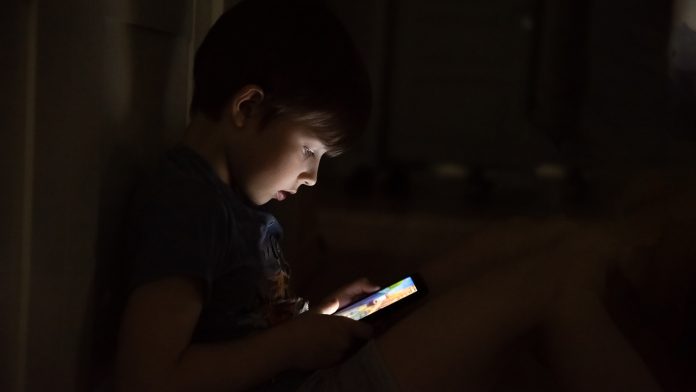
A new analysis has found a link between social media use and depression in adolescence and young adulthood and revealed certain factors that may make social media more risky or protective regarding depression.
According to statistics[1], 4.9 billion people used social media in 2023 and this number is expected to jump to approximately 5.85 million users by 2027. The average user spreads their time between six to seven platforms a month. In this new study, published in the Journal of Adolescence, researchers revealed that social media use impacted adolescents in a variety of ways including increased depression levels. The researchers suggest that individualised approaches are necessary to determine the benefits and harms of social media on young people’s mental health.
The average age of participants was 13 years old
The researchers surveyed 488 adolescents living in the United States once a year for eight years. This started in 2010 when the average age of participants was 13 years old. They found five classes that differed in how self-reported social media use duration related to depressive symptoms. Although high amounts of reported social media use were often related to larger increases in depressive symptoms, this was not universal.
Increased social media use and depression symptoms in some youths
Social media use was linked to increased depression symptoms in adolescents with greater parental hostility, peer bullying, anxiety, reactivity to stressors, and lower parental media monitoring. With many other characteristics and factors, social media use was related to less depression or was unrelated to depression.
“When thinking about whether social media may impact a particular teen, it’s important to take a broad perspective. If the teen is already in a vulnerable position (being bullied or having hostile parents or parents who don’t monitor their teen’s media) then social media is much more likely to be harmful. This is especially true if there are more than 3+ hours of use a day,” said corresponding author W. Justin Dyer, PhD, of Brigham Young University. “However, if their friends and parents are warm and supportive, and the parents monitor their teens’ media use, moderate amounts of social media use (less than 3 hours a day) may be a good thing. Teens appear to be greatly benefited when parents provide guidance as they navigate social media. That guidance may make all the difference.”
[1] Top Social Media Statistics And Trends Of 2024 – Forbes Advisor









